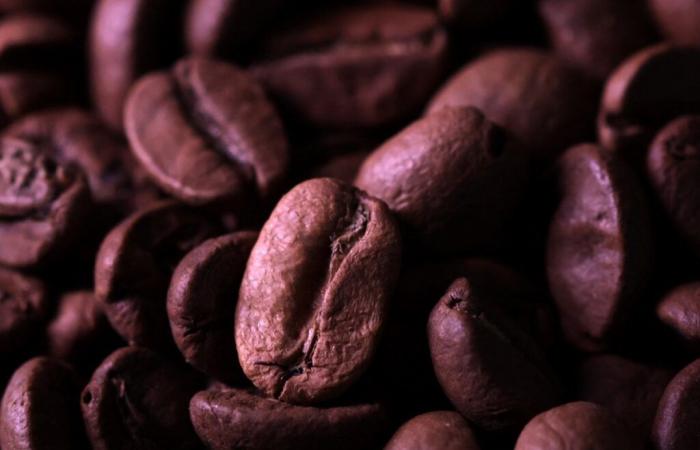According to the magazine 60 Millions de consommateurs, certain brands of coffee marketed in France present notorious health risks, due to the presence of chemical substances or even foreign bodies, such as insects.
Every day, millions of consumers are poisoned. If chemical substances abound in products from large industries, consuming coffee could be harmful to health – in addition to its already known dangers (headaches, stomach aches or increased heart rate, etc.).
According to a survey carried out by 60 Million consumers, certain brands of coffee contain undesirable substances. Large doses of polycyclic aromatic hydrocarbons – highly carcinogenic – are believed to be present in the “Planteur des tropiques” capsules sold at Intermarché.
Further studies have also noted the presence of acrylamide, a chemical that forms naturally in starchy foods when cooked at high temperatures – particularly roasting. Considered by the WHO to present a risk to human health, it is part of the EPA (United States Environmental Protection Agency) list of extremely dangerous substances.
Black card, Gold, Alter Eco…
A better-known brand, Carte Noire, would not be spared either. Produced by the Italian company Luigi Lavazza, this ground coffee would be one of the most contaminated items, with the presence, among other things, of polycyclic aromatic hydrocarbons (PAH). Note that coffee capsules, in addition to their environmental problems (overpackaging), contain four times more furans (carcinogenic elements) than classic coffee powder.
Decaffeinated capsules have seen considerable growth over the past decade. Those sold by the premium coffee brand of the Jacobs Douwe Egberts group, L'Or, would be the most concentrated in PAHs. Avoid or consume in moderation, just like the coffees produced by Naturela, singled out by 60 million consumers.
In addition to chemical substances, other brands would be contaminated by the presence of certain foreign bodies (insects). This is Bellarom ground coffee sold at Lidl and Alter Eco coffee beans. Unlike chemical substances, a human being can consume up to 1 kg of insects per year, present in small quantities in cereals, rice or pasta.






